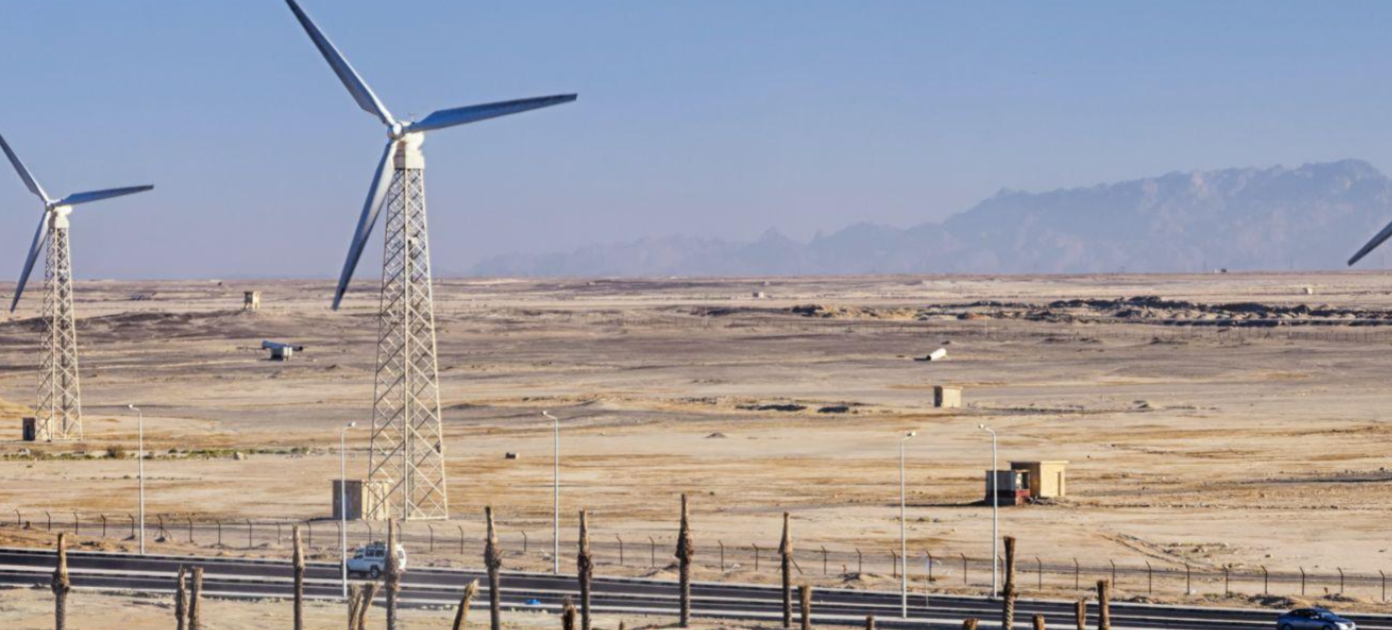Investment opportunities in the energy transition


Net Zero is now a global imperative, as we wake up to the reality of climate change and the risks it poses. Central banks across the world have warned that global GDP could fall 25 per cent below the expected level by 2100, largely due to extreme weather events caused by current levels of global greenhouse gas emissions.
Standard Chartered’s recent Zeronomics report revealed that while most carbon-intensive industries intend to transition by 2050, lack of funding presents a major obstacle for almost 70 per cent of companies.
For investors, financing transitioning companies can help accelerate progress towards net zero, while also making financial gains.
The energy transition is opening up investment opportunities across a range of sectors, beyond electric vehicles (EVs) and renewables to green buildings, low carbon materials, precision agriculture and the expansion of railways.
We identify opportunities for investors across four key sectors:
Incumbents ahead of the curve: Many oil companies are becoming more future-fit by shifting a greater proportion of investments into utilities, renewable energy and electric vehicles.
Renewable energy: Asia remains the world’s largest market for renewables. An Ernst & Young report ranked seven Asian markets among the most attractive markets for wind power, hydropower and solar. PwC estimates that the Asia-Pacific could receive up to US$250 billion in new renewable investments by 2025.
Green hydrogen: This is the cleantech market to watch in the long run given its potential to decarbonise hard-to-abate industries such as petrochemicals, steel and cement. The commercial viability of green hydrogen is however likely at least a decade away even with rapid cost reductions, increasing policy support and infrastructure investments, and the monetisation potential for green hydrogen will remain limited in the near term.
Rail: With a lull in air travel due to Covid-19 and increasing awareness of the carbon footprint of our travels, particularly air travel, the global rail transport market is expected to grow by almost 11 per cent to US$519 billion in 2021. Rail travel is seen as the most efficient and lowest emitting mode of transport, with urban and high-speed rail in particular focus.
Electrification: A number of global carmakers have already started the shift to EVs. Supported by tax incentives, improved technologies, declining battery costs and growing consumer awareness, the global EV market is estimated to reach US$700 billion by 2026, a 22 per cent increase between 2019 and 2026.
Green buildings: The energy-intensive building sector comprises the largest segment of the US$231 billion global energy efficiency market, calculated as the potential investments in products and solutions related to making energy more efficient. The shift to greener buildings is an opportunity, where retail buildings will be a particular focus given their high use of energy.
‘Smart energy’, low carbon solutions: Increasing demand for solutions such as low carbon cement and concrete in the building sector is creating opportunities for materials manufacturers and driving the development of carbon-efficient production techniques.
Precision agriculture: The digitalisation of farming tools and agriculture is a growing area of interest, as innovation goes up in developing hardware, software and services to increase yields at lower costs. The global precision farming market is estimated to reach US$16.35 billion by 2028, growing at a compounded annual rate of 13 per cent between 2021 and 2028.
Plant-based meat and dairy alternatives: Growing awareness around both the health and carbon impact of animal products is changing consumer preferences in many markets. The market has been fuelled further by the Covid-19 pandemic as a growing segment of consumers are concerned about the potential linkages between factory farming of meats and deadly diseases, and are shifting to cleaner forms of eating with plant-based diets. The market is expected to reach US$23.2 billion by 2024.
The transition is necessary and urgent, but many companies are struggling. For industries heavy on energy use, the transition to clean energy means both physical and transition risks as they face potentially higher costs of doing business and depreciation of their existing infrastructure. The need for net zero finance is critical if we are to meet the 2050 goal. Financial institutions need to step up to connect capital to where it is most needed, facilitating investors as they look to create positive impact, while growing their wealth.